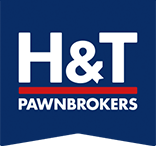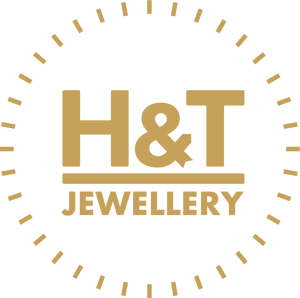Corporate Governance

GOVERNANCE AND CORPORATE POLICIES
OPERATING WITH INTEGRITY AND TRANSPARENCY
At H&T, effective corporate governance is the foundation of our business. We are committed to maintaining the highest standards of ethical conduct, ensuring that our operations not only meet but also exceed the regulatory requirements and the expectations of our customers, employees, and stakeholders.
Use the buttons below to view our latest modern slavery statement, gender pay report & tax strategy.


